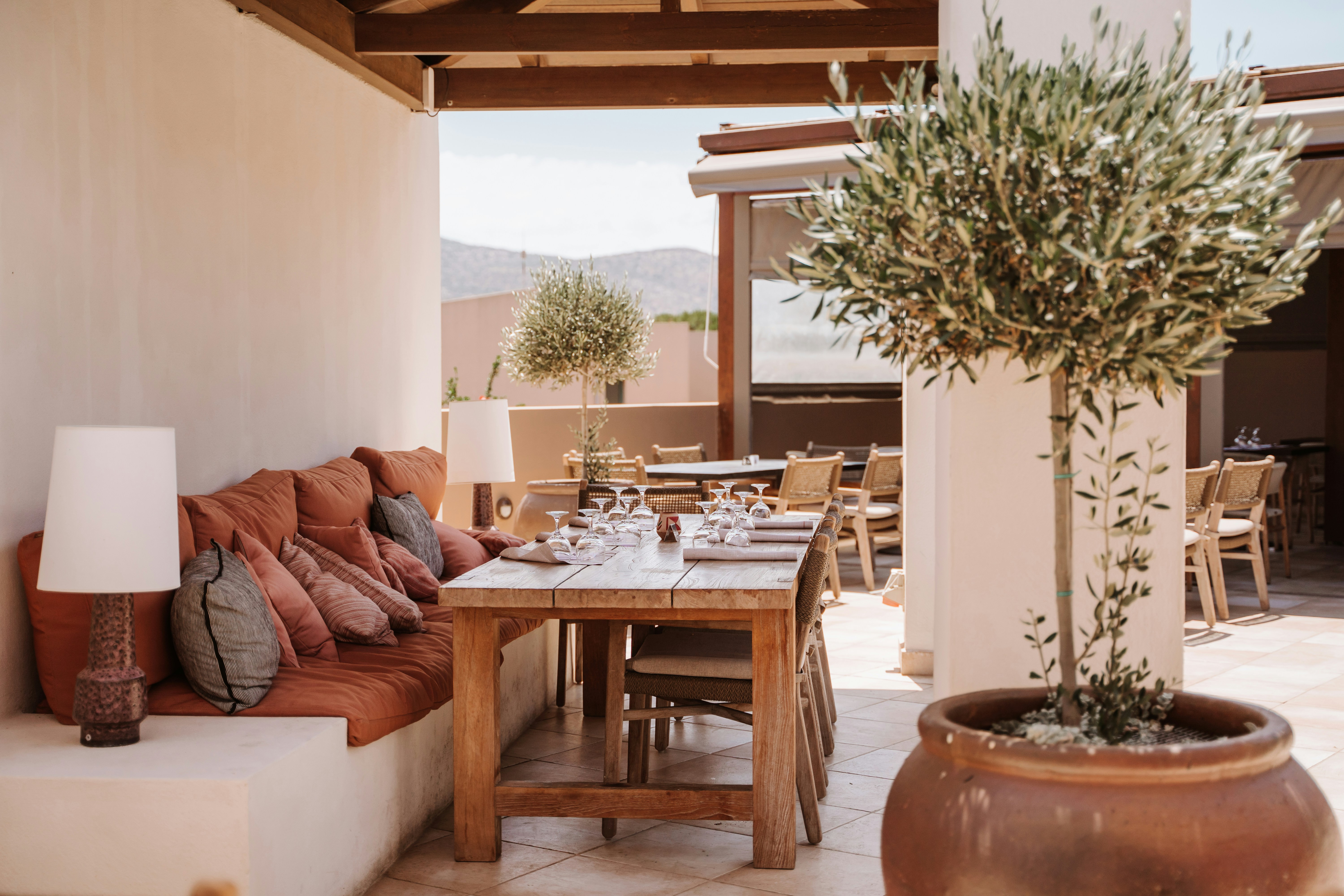Investing in Vacant Properties: Uncovering Distinct Opportunities in Japan’s Real Estate Market
Japan is facing a special real estate problem: the number of vacant houses continues to rise, with the total number exceeding 8.5 million. This phenomenon reflects the reality of population changes and the imbalance between urban and rural development. Vacant "ghost houses" have gradually become a unique social landscape. It is worth noting that such properties are generally low-priced, and some rural areas even offer houses at symbolic prices to attract outsiders. This low threshold feature has also attracted the attention of investors.
What is a vacant house?
A vacant house, or “akiya” in Japanese, refers to a property that has been left unoccupied for an extended period. These houses are often the result of Japan’s aging population, rural-to-urban migration, and changing family structures. Vacant houses can range from traditional wooden homes to more modern structures, and they’re found in both rural and urban areas across the country.
Why choose a vacant house?
Vacant houses in Japan present an attractive opportunity for several reasons. Firstly, they’re often significantly cheaper than new properties, making homeownership more accessible. Secondly, these houses offer a chance to experience traditional Japanese architecture and lifestyle. Additionally, purchasing a vacant house can contribute to local community revitalization efforts, as it brings new life to abandoned properties and helps maintain neighborhood vitality.
How to buy a vacant property at a low price
Acquiring a vacant property in Japan at a competitive price requires research and patience. Start by exploring online databases of akiya listings, which are often maintained by local governments. Some municipalities even offer these properties for free or at nominal prices to encourage occupancy. However, be prepared for potential renovation costs, as many vacant houses require significant repairs or updates.
How can foreigners buy and live in a vacant property?
Foreigners can indeed purchase and live in vacant properties in Japan. The process typically involves:
- Researching areas and properties of interest
- Obtaining a residence card (for those planning to live in Japan)
- Securing financing (either through Japanese banks or international lenders)
- Engaging a real estate agent familiar with akiya transactions
- Conducting property inspections and negotiations
- Completing the necessary paperwork and legal procedures
It’s important to note that while there are no legal restrictions on foreigners buying property in Japan, some cultural and language barriers may exist. Working with bilingual professionals can greatly facilitate the process.
Which cities in Japan have vacant houses?
Vacant houses can be found throughout Japan, but some areas have higher concentrations than others. Rural prefectures like Akita, Iwate, and Yamagata have significant numbers of vacant properties due to population decline. However, even urban areas like Tokyo and Osaka have their share of akiya, often in older neighborhoods or suburbs.
- Interesting facts about vacant houses in Japan:
- As of 2018, there were approximately 8.49 million vacant houses in Japan
- The vacancy rate in Japan is around 13.6% of all housing stock
- Some local governments offer subsidies for renovating vacant properties
- “Akiya banks” are online platforms that list vacant houses for sale or rent
- Certain regions organize “akiya tours” for potential buyers to visit multiple properties
Navigating the akiya market: Tips for prospective buyers
When considering the purchase of a vacant house in Japan, it’s crucial to approach the process with careful planning and realistic expectations. Here are some key considerations:
- Location: Research the area thoroughly, including local amenities, transportation links, and community atmosphere.
- Property condition: Assess the structural integrity and potential renovation costs.
- Legal status: Ensure there are no ownership disputes or unpaid taxes associated with the property.
- Future plans: Consider how the area might develop and whether it aligns with your long-term goals.
- Cultural integration: Be prepared to engage with the local community and respect cultural norms.
The phenomenon of vacant houses in Japan offers a unique opportunity for those seeking affordable property ownership or a chance to experience traditional Japanese living. While the process may seem daunting, especially for foreigners, proper research and professional assistance can make it a rewarding experience. As Japan continues to address its vacant house issue, the potential for revitalizing communities through new ownership presents an exciting prospect for both the country and prospective buyers.
The shared information of this article is up-to-date as of the publishing date. For more up-to-date information, please conduct your own research.





